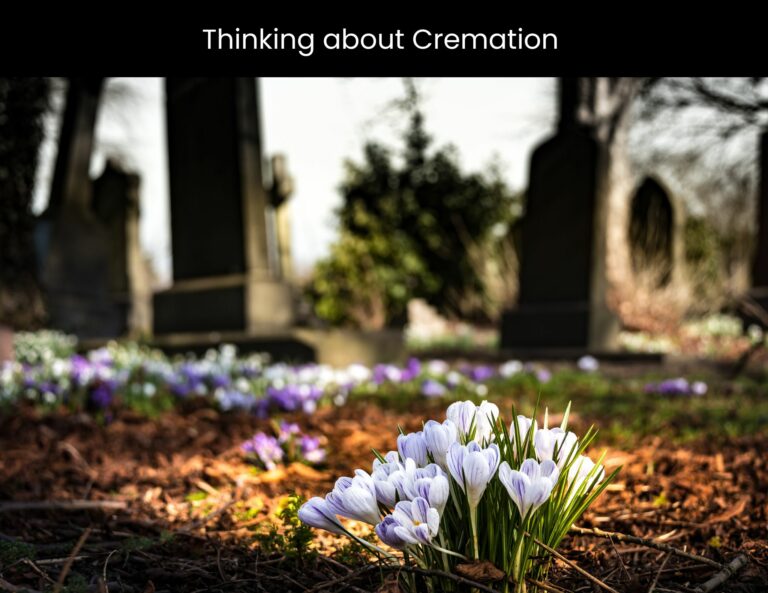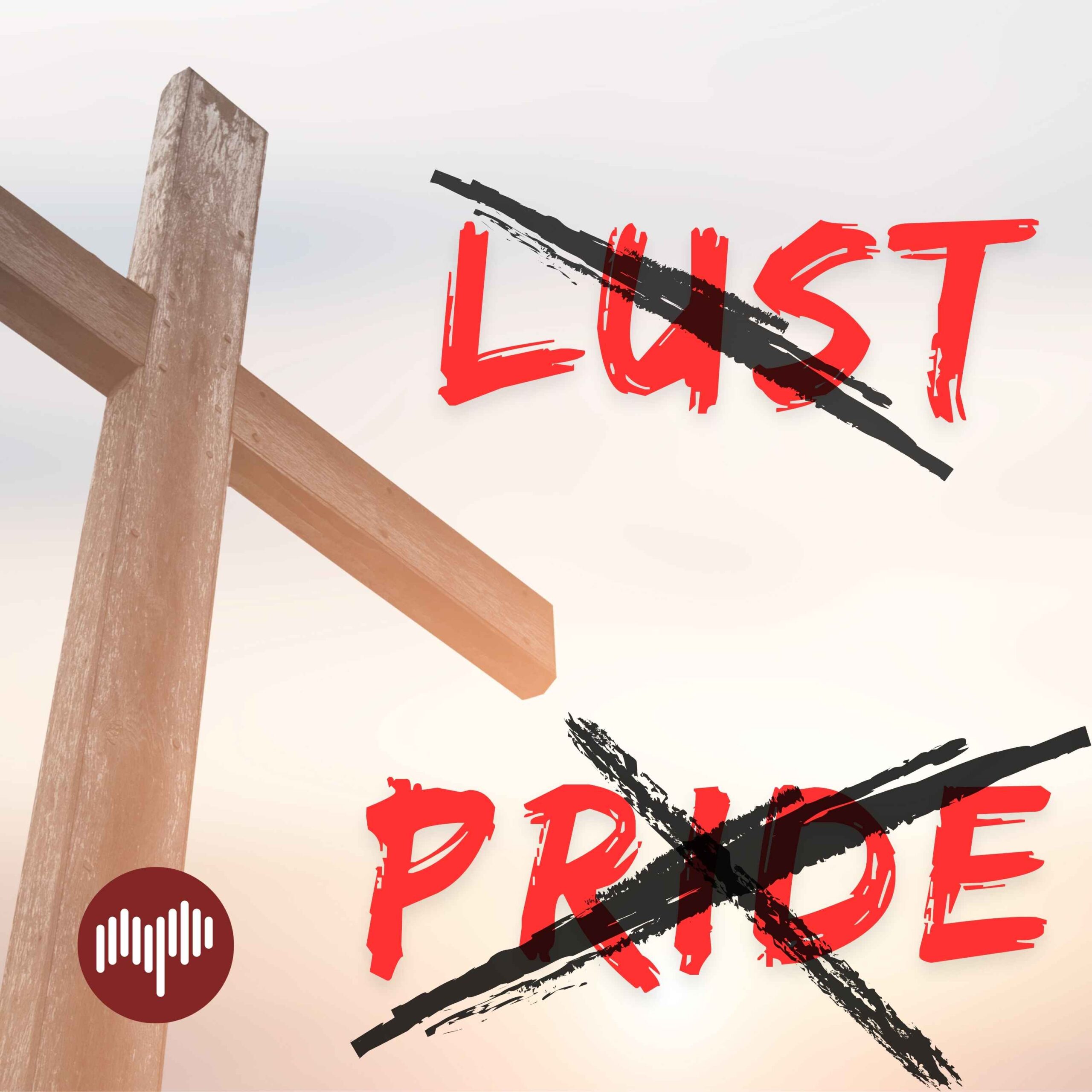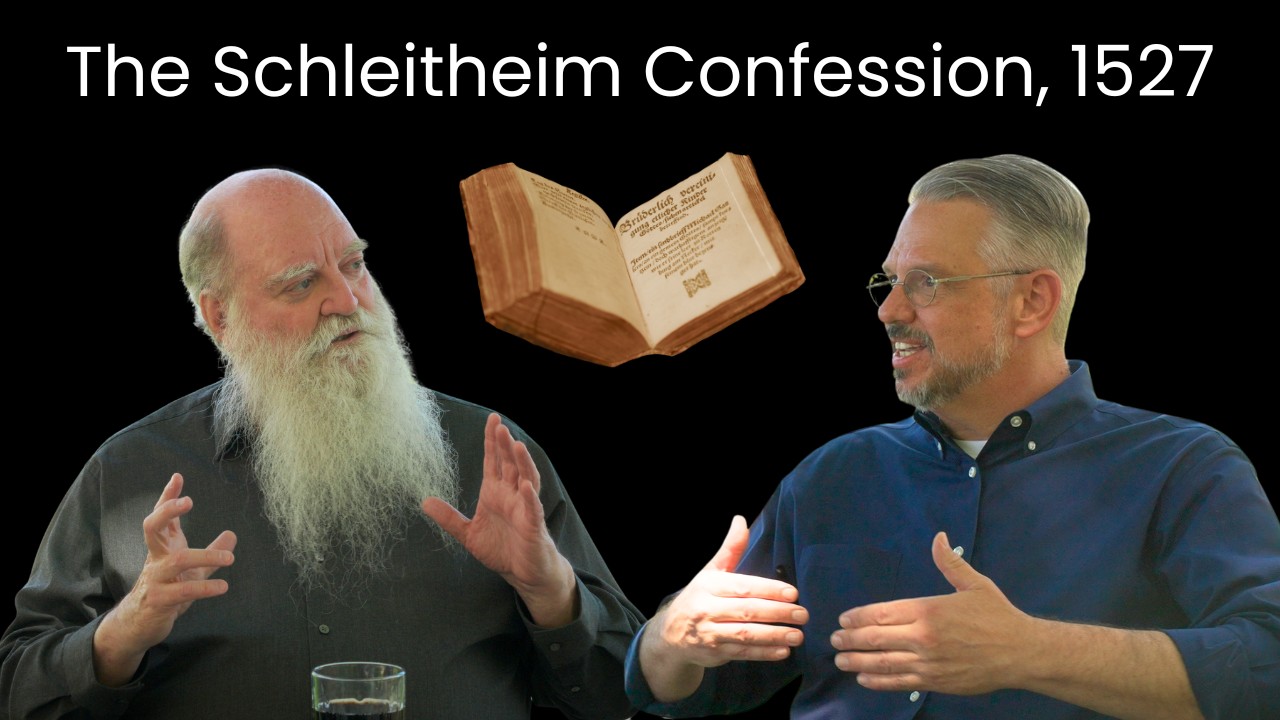Cremation versus Burial: Why it Matters
Cremation of the body after death is becoming more and more popular among Christians and non-believers alike. Two reasons given for cremation are that it is cheaper and requires less space. While these practical concerns are not invalid, the question that should be considered first and foremost is whether cremation is fitting in light of what is revealed in Scripture. By examining the instances of cremation recorded in Scripture, and understanding how God uses fire in relation to death, a sufficient case can be made in favor of traditional burial methods rather than cremation.
The New Testament scriptures do not refer to cremation. There are a few references to cremation in the Old Testament, and all but one are in the direct context of judgement. The first example of cremation is that of Achan, described in Joshua 7. The Lord had explicitly instructed the Israelites that they were not to take spoil for themselves from the city which had just been conquered, but Achan took and hid expensive clothing, gold, and silver. When it was discovered, the Lord commanded that he, his family, and all their possessions were to be burned with fire as an act of judgement on Achan’s sin. Further on, in the minor prophets, Amos 2:1 speaks of how God pronounced a judgement of fire on the people for having “burned the bones of the king of Edom to lime”. Burning is seen as dishonoring the body.
The only example in the Bible of a somewhat honorable cremation was when Saul and his sons were killed in battle. Saul was subsequently decapitated and all their bodies were strung up on the city wall. A few days later, a band of brave Israelite men came to retrieve the bodies, burned them, and then carried the bones back to their homeland. God does not condemn their actions, and indeed, this was most likely the best option they had under the circumstances. The bodies were already decaying at that point and would have been difficult to transport, and the issue of uncleanness was also being adequately addressed by choosing to burn. And yet, this could still have been a declaration of judgement from the Lord since Saul’s body was burned instead of directly buried, as was the normative practice of burial among God’s people.
Throughout the Bible, burial was the expected means of taking care of the body after death among God’s people. While there are instances when fire is used as a tangible display of God’s presence among His people, most of the time fire is implemented by God as a means of judgement and a display of His wrath against evil and sin. As previously noted, fire was the final means by which Achan was judged for his sin of greed and disobedience. Cremation is never affirmed in Scripture as a viable means of disposing of the body of the dead. Also, evil nations were given prophecies from the Lord that if they did not turn from their wicked ways they would be judged and consumed with fire. This is seen in the predicted judgement on Babylon in Ezekiel 21:31 and 22:31, as well as in the condemnation brought down on the cities of Sodom and Gomorrah in the form of fire and brimstone in Genesis chapter 19. This display of fire as a portrayal of God’s judgement and wrath continues into the end times when death and hell and all who refuse the Lord will be cast into a lake of fire (Revelation 20:14-15). Fire in conjunction with death is not cast in a positive way in Scripture.
Pagans used fire for human sacrifice, such as is seen with the child sacrifices to the god of Molech, in which live babies/small children were placed on the fired hands of the idol. While cremation itself is not strictly pagan, the way and means by which the body is disposed of after death can say much about how a people or culture views the body as a creation of God. And, as John J. Davis notes in his book What About Cremation? A Christian Perspective, “…while there is nothing inherently evil with the act of cremation, it should be remembered that the history of the practice and its associations have been largely negative” (p. 90).
Christians hold two main views on cremation. Some say it does not matter what happens to the body after the departure of the soul. For example, John MacArthur argues that how the body is disposed of after death is not a major cause for concern. He states: “The believer will one day receive a new body, thus the state of what remains of the old body is unimportant”. From this perspective, it is the eternal soul that ultimately matters, so why be concerned about what happens to the empty vessel when the soul leaves (see 1 Corinthians 15). A body could be maimed, lost at sea, cremated, or traditionally buried, yet none of these things would hinder whether or not the body is resurrected at Christ’s second coming since we will receive new bodies.
Other Christians argue that Scripture reveals a treatment of the human body, which was created by God, which displays dignity even after death. Besides the instance of Saul and his sons being cremated and then their bones brought back to be buried, which was an act done under specific circumstances, all Old Testament and New Testament burials were carried out either by direct burial or the bodies were placed in tombs. Out of respect, great care was taken in caring for the body of a dead person. This is clearly seen in the treatment of Jesus’ body by Joseph, Nicodemus, and the women after His death. Jesus was carefully taken off the cross, wrapped in linen and expensive spices, and placed in a new tomb. The practice of wrapping and spicing the body was normative for this time period, and while modern day practices have moved to using formaldehyde for preservation in preparation for burial, these ancient practices for burial say much about how the people of God viewed the body after death. It was still something worthy of respect and proper treatment. Russell Moore argues for proper care of the body after death:
“But are funerals simply the way in which we dispose of remains? If so, graveyards are unnecessary, too. Why not simply toss the corpses of our loved ones into the local waste landfill? For Christians, burial is not the disposal of a thing. It is caring for a person. In burial, we’re reminded that the body is not a shell, a husk tossed aside by the ‘real’ person, the soul within. To be absent from the body is to be present with the Lord (2 Cor. 5:6–8; Phil. 1:23), but the body that remains still belongs to someone, someone we love, someone who will reclaim it one day” (quoted in Carter).
Another example of how God views the body can be seen in Old Testament warfare. Pagan, violent nations dismembered and tortured the bodies of those they conquered. But God explicitly outlawed His people from engaging in these vicious acts which mar and dishonor the body, even the bodies of their enemies. This clearly reveals something about how God views the body after death, for believers and non-believers alike.
In every aspect of life, one should operate with an eternal focus. In daily living and daily choices, God’s glory should be the primary aim. The question to ask in everything one does, even when considering death and the decisions to be made about burial, etc. is, “What will bring the most glory to God?” The traditional means of burial for the people of God in both the Old and New Testament (and, indeed, the majority of cultures throughout history) is to leave the body whole after death. We thus treat the body with loving respect as a person made in the image of God with intrinsic value. Fire is most often used in Scripture as a means of judgement and a display of God’s displeasure/wrath, and never is it used positively in relation to death or the body. Although it is true that the eternal state of one’s souls is of utmost importance, and one’s dead, decayed body will ultimately not really matter since there has been promised a new body at the resurrection, Scripture still reveals a clear respect for the bodies of the dead. Bodies, alive or dead, have been created by God, for His glory, and in His image. This alone should cause more thought to be given as to how the body is treated after death, and to seek to do that which will bring the most glory to God, even in death.
This essay was originally written for a course at Elnora Bible Institute.
__________________________________
Works Cited
The Holy Bible. Authorized King James Version, Thomas Nelson Publishers, 1976.
“Fire Definition and Meaning – Bible Dictionary.” Bible Study Tools.
Davis, John J. What about Cremation?: A Christian Perspective. BMH Books, 1998.
MacArthur, John. “Does the Bible Prohibit Cremation?” Grace to You, 18 Aug. 2016,
Carter, Joe. “The FAQs: What Christians Should Know About Cremation.” The Gospel Coalition, The Gospel Coalition, 31 Oct. 2017,
Tags:








Leave a Reply